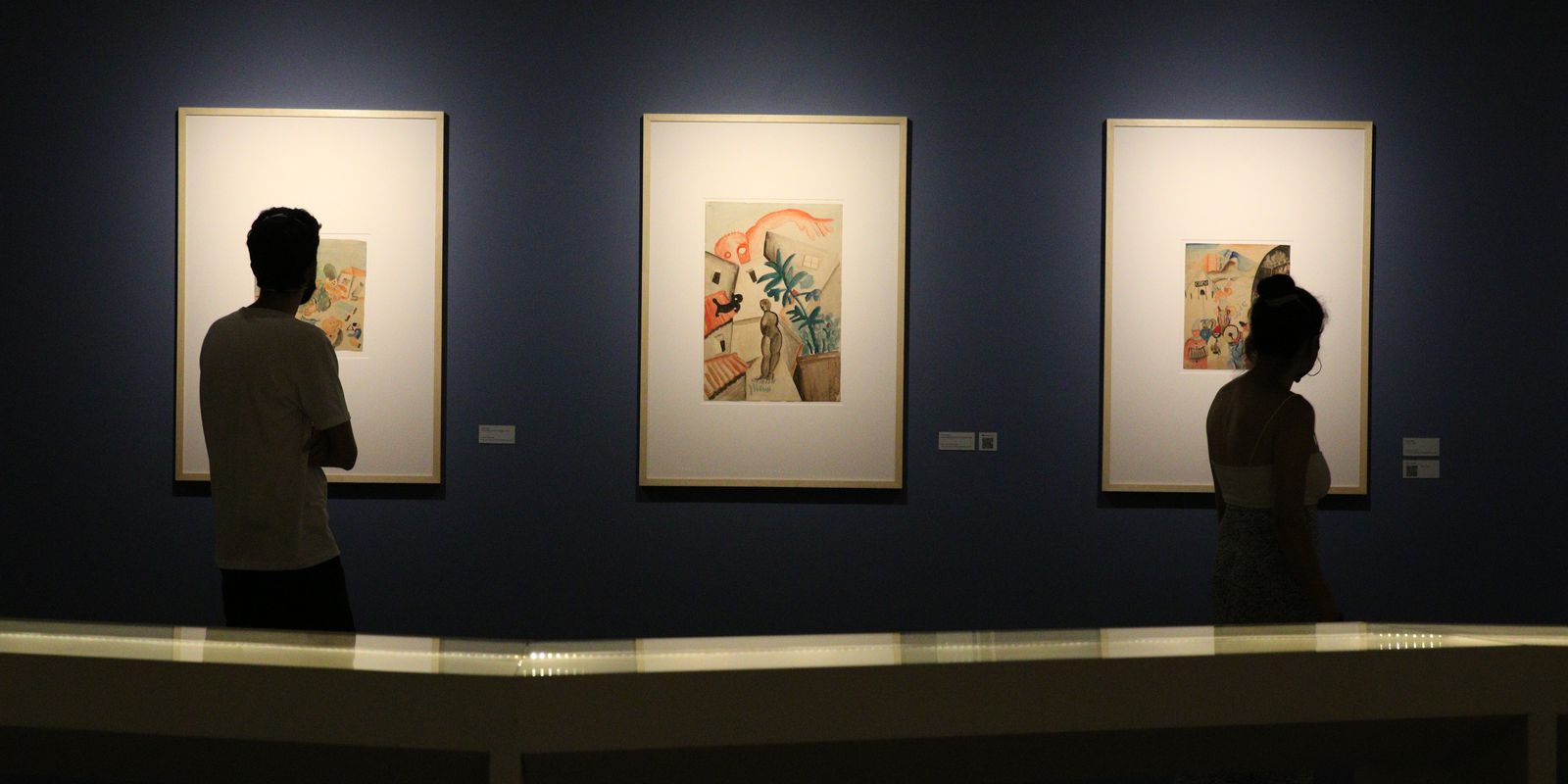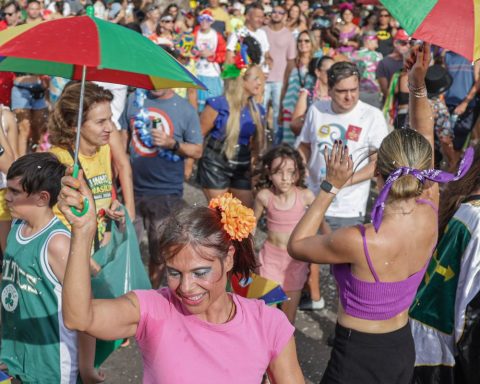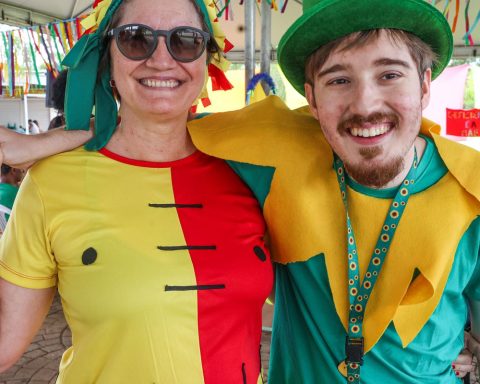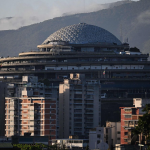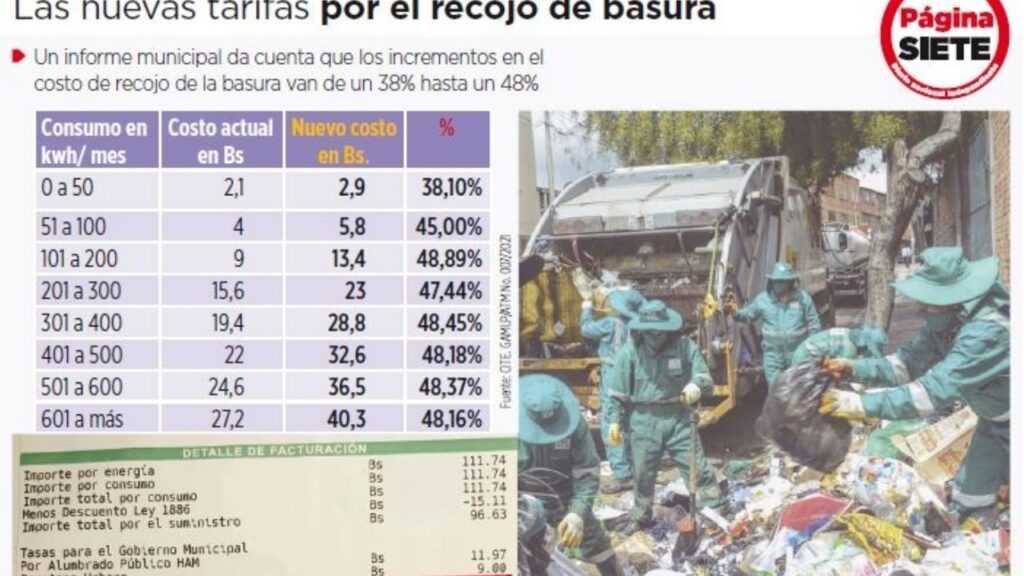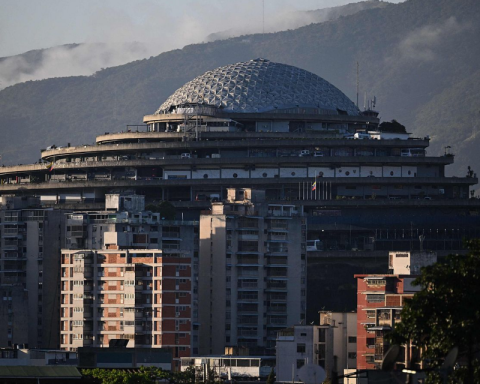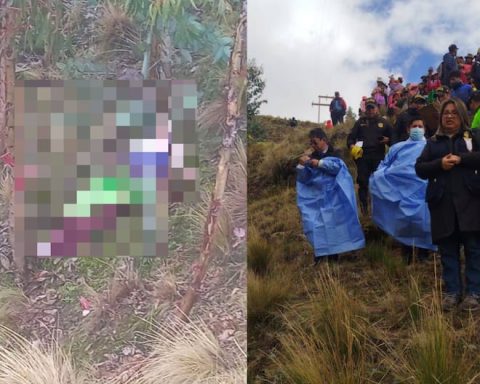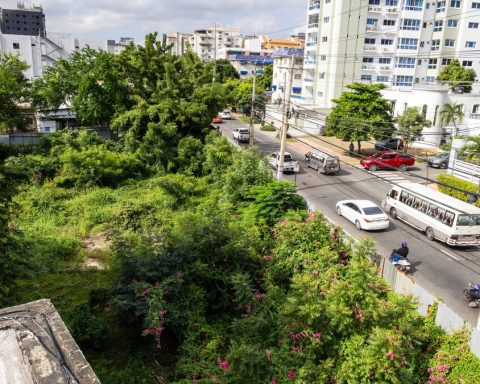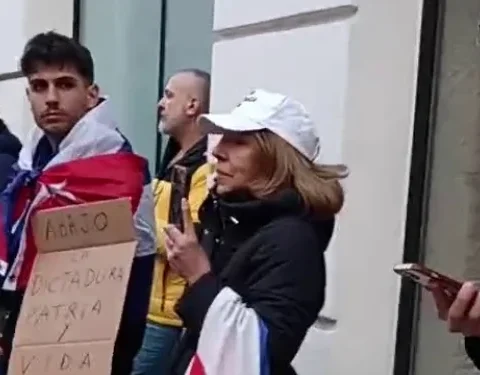“I believe that [nós], the modernists of the Modern Art Week, we should not serve as an example to anyone. But we can serve as a lesson.” Twenty years after the week was held and shortly before he died, the writer Mário de Andrade offered, during a lecture, a more critical view of the 1922 event, which is considered the landmark of modernism in Brazil and of rupture with the aesthetic currents prevailing until then.
A few years after this statement by Mário, when asked by a reporter about the 30th anniversary of the event, the poet Manuel Bandeira also made his reflections: “I think it’s perfectly unnecessary to celebrate the thirtieth anniversary of the Week. Waiting for the centenary. If in the year 2022 they still remember that, then yes.”
After 100 years, the Modern Art Week is remembered and celebrated in several events scheduled throughout Brazil, but your importance has been revised and their legacies, re-discussed.
“The Week of 22 had an impact in 1922, the moment it happened. And this is not a metaphor, it was literally at that moment,” said Luiz Armando Bagolin, professor at the Institute of Brazilian Studies (IEB) at the University of São Paulo (USP) and curator of the exhibition. Once Upon a Modernon display at the Fiesp Cultural Center, in São Paulo.
“Everyone asks me what the legacy of the modernists is for us today. But they didn’t leave any legacy”, emphasized the expert.
“What exists are appropriations that we make, in our time, of the works, of thought and of what was produced by this group. And within these appropriations that have been made since the 60s, there is also a critical review of these positions – which it’s absolutely normal, wholesome, welcome, I think it’s part of what we call historic reception. They lived their history. We live our history”, he evaluated.
“What we can do is welcome what they did. And our reception cannot just be passive, it has to be critical. We have to think for better or worse about what they produced. And, above all: the what are we going to do 100 years later? That’s the question,” said Bagolin.
According to the IEB professor, Brazilian modernism involved a utopia of transformation, which did not materialize for those artists and intellectuals of the Semana de 22.
“Modernism, everywhere in the world, has always involved a utopian dimension, which is the perspective of converting the social, political and human reality in which we live into a greater reality, through art. And they couldn’t,” he explained.
“Back there, in the early 1940s, from Mário de Andrade’s point of view, it is not possible for you to be modern in the face of a country that continues to have so many inequalities.”
In a letter written in 1944, but never sent to Manuel Bandeira, which is on display at the exhibition Once Upon a Modernthe writer Mário de Andrade talks about this disenchantment.
“It is a letter that, if you read it in its entirety, is very touching. It reveals a deep love of Mário de Andrade for Brazil, but also a deep disenchantment with the situation that the country was going through at that time. And he sees no way out because before he was part of the utopian project of the modern: art could be a way out. Now, not even that. No longer does art put him in a possible horizon of exit”, analyzed Bagolin.
“At that moment, specifically, which was already the apex of the Estado Novo of [Getúlio] Vargas, Mário de Andrade thinks that, in addition to having inequalities, we are still under a state that is brutal, ultra-conservative, that trumpets the values of family, country and God, but persecutes its citizens. Those who disagreed or had another point of view in the early 1930s were politically persecuted. At the end of the Estado Novo, in the most brutal phase of the Getúlio Vargas regime, people were arrested. How can you be modern in a place like this, in a country like this, in a country that doesn’t meet the basic needs of its citizens?”, he highlighted.
Literature
In literary terms, thinking about the appropriation and critical reception of the work of the modernists, it is possible to say that this influence extrapolated borders. One example is the impact on African literary production, explains Vima Lia de Rossi Martin, professor of comparative studies of Portuguese-language literature at the University of São Paulo (USP).
“Actually, what I think will impact African production is not exactly the Semana, but this more general poetic production”, he said.
Among the writers who inspired African literature are Manuel Bandeira, Mário de Andrade and, mainly, regionalist writers such as Jorge Amado, José Lins do Rego and Rachel de Queiroz.
“The impact has to do with the writing of the texts, with the themes and with the mode. And here I think a lot about the so-called regionalist literature, about the impact of reading Dried lives [de Graciliano Ramos] by some writers from Cape Verde who will even identify a climatic similarity between the interior of the Brazilian Northeast and the condition of the volcanic islands”, he said.
“This example of texts on drought is very revealing of this meeting of aspirations of some Africans with this movement of Brazilian authors who, in their literary projects, choose to discuss aspects of the Brazilian reality, to look at marginalized populations, to look at the migrants. northeast”, he added.
Brazilian modernism, says Vima, is a source of inspiration for African literary production, especially from the 1940s onwards.
“[O modernismo brasileiro] it has a huge impact on Portuguese-speaking African intellectuals and writers – and I’m especially considering Angola, Mozambique and Cape Verde. At the moment of consolidation of those literatures and of nationalist affirmation of these countries, when armed struggles were being constituted and many intellectuals were fighting a battle in the field of culture and literature and trying to establish a nationalist literature, Brazil was a huge source of inspiration. for these intellectuals”, he added.
The USP professor cites as an example a poem written by poet Ovídio Martins, from Cape Verde, in which he establishes an intertextual dialogue with one of Manuel Bandeira’s best-known poems, I’m leaving for Pasargada.
“Bandeira publishes this poem in 1930, in the book Libertinagem, and Ovídio Martins, in 1974, on the eve of Cape Verde’s conquest of Independence, will write a text called Anti-evasion. A strong theme of Bandeira’s poem is evasionism, the idea of being able to go to Paságarda, which is this idyllic space, with the possibility of satisfying desires and such. To be able to be in another time and another place of satisfaction, of plenitude”, he analyzed.
“Ovídio Martins, in a Cape Verdean context of struggle for independence, will write his anti-avoidance in which, in some way, it denies this idea of leaving the space – and the space considered is Cape Verde – and will claim the possibility and the right to stay in Cape Verde to be able to fight for independence”, he explained.
“This is a very clear example of this intertextual dialogue in which Brazilian literature and poetry will inspire African poetic production in the Portuguese language.”
For Vima, it is possible to make a parallel between this influence of Brazilian modernism on African literature with the Anthropophagya manifesto written by the modernist writer Oswald de Andrade that intended to rethink the issue of the country’s cultural dependence.
“I think that, if on the one hand Brazilian writers were inspiration for African writers, the appropriation that Africans make of Brazilian literature is not a peaceful appropriation. It is a creative gesture, it has to do with swallowing, with anthropophagy. So it is an Angolan, Mozambican, Cape Verdean, São Toméan literature that takes place in dialogue with Brazilian literature, but in a critical dialogue”, he said.
“I think it’s important to emphasize this creative dimension that some African writers give. It has nothing to do with passive assimilation, but we can think of an anthropophagy, operated in African territories”, analyzed the professor.
check out all subjects from the series that Brazil Agency has published on the centenary of the Week of Modern Art.
*Collaborated Eliane Gonçalves, reporter for Rádio Nacional
